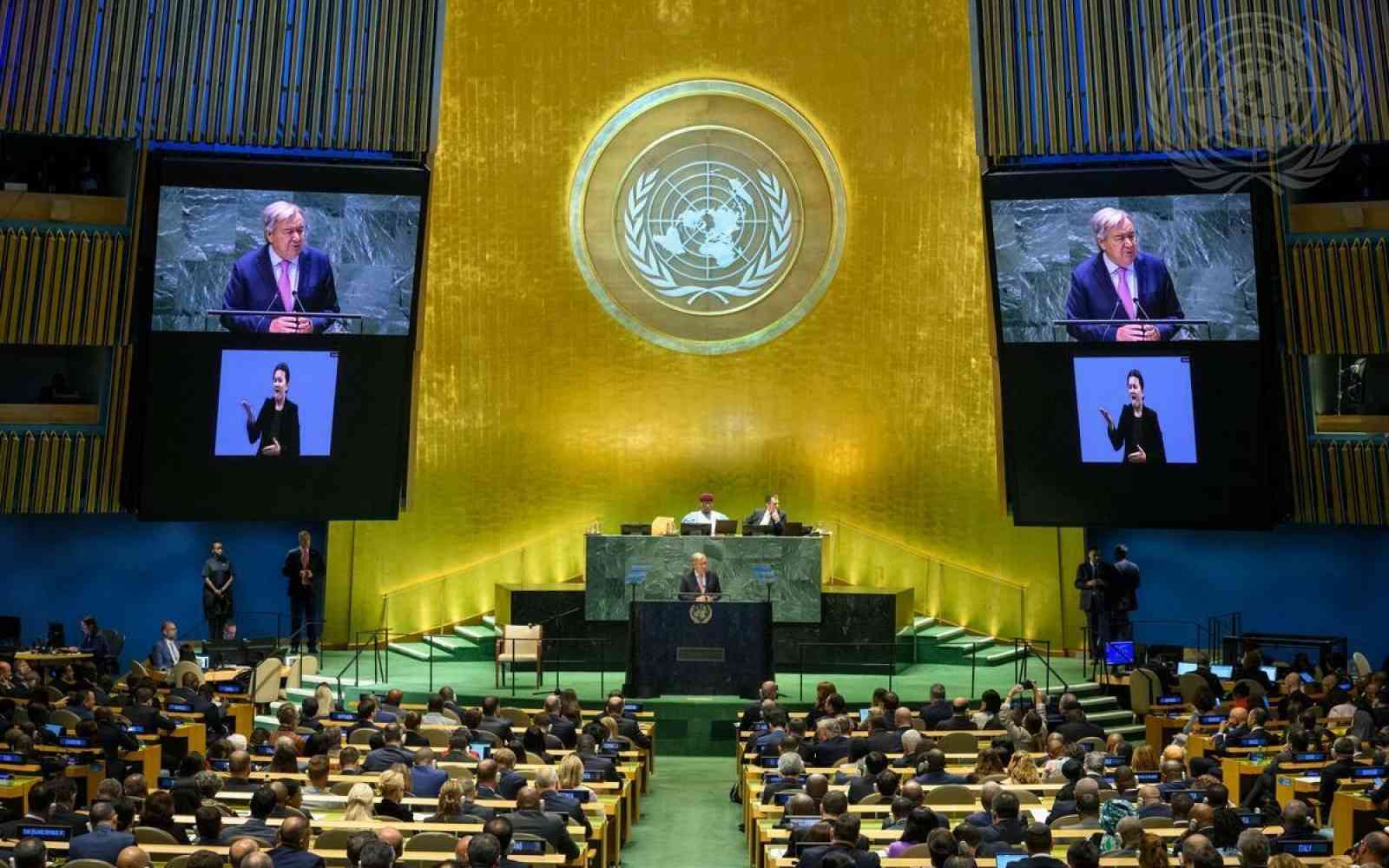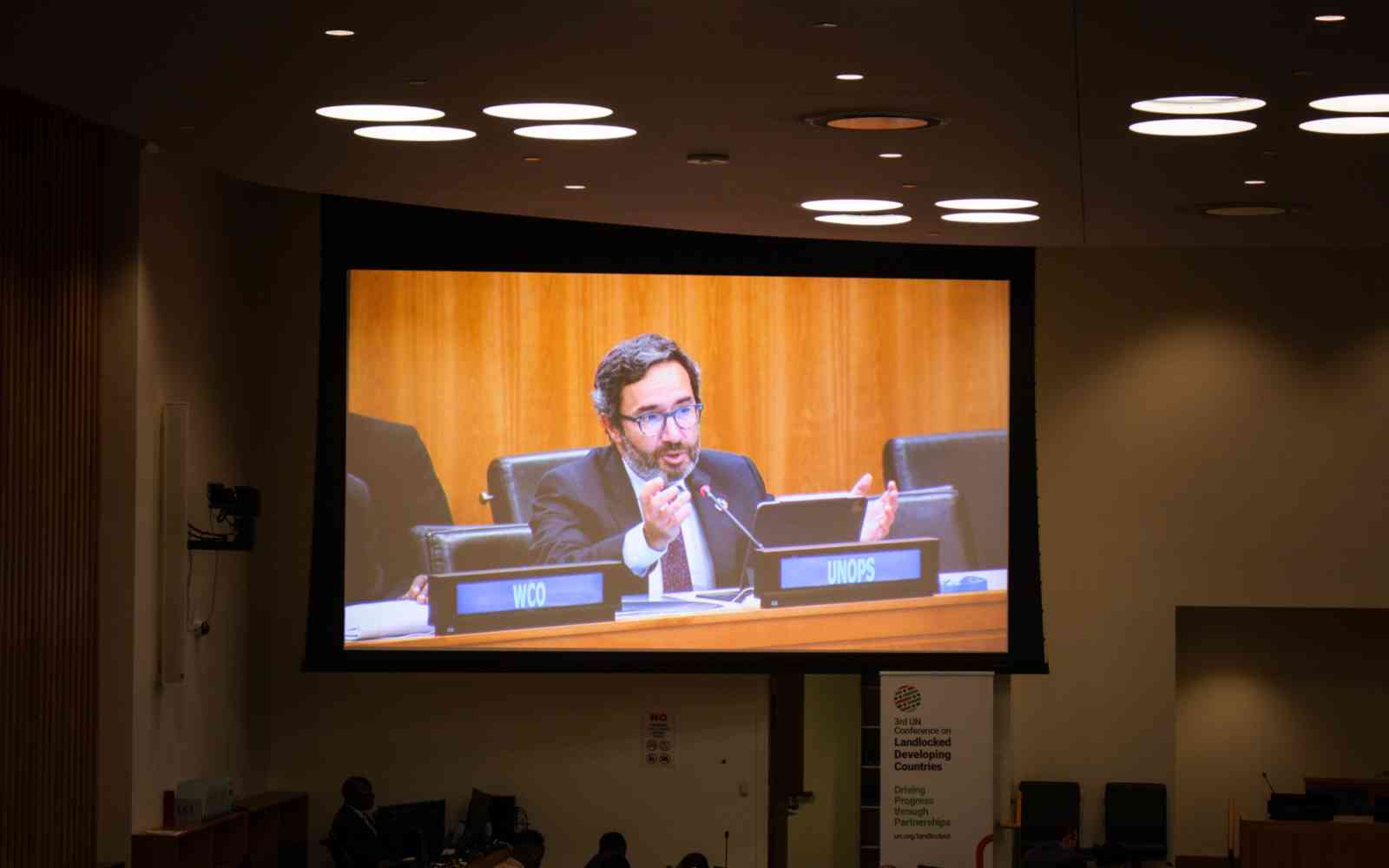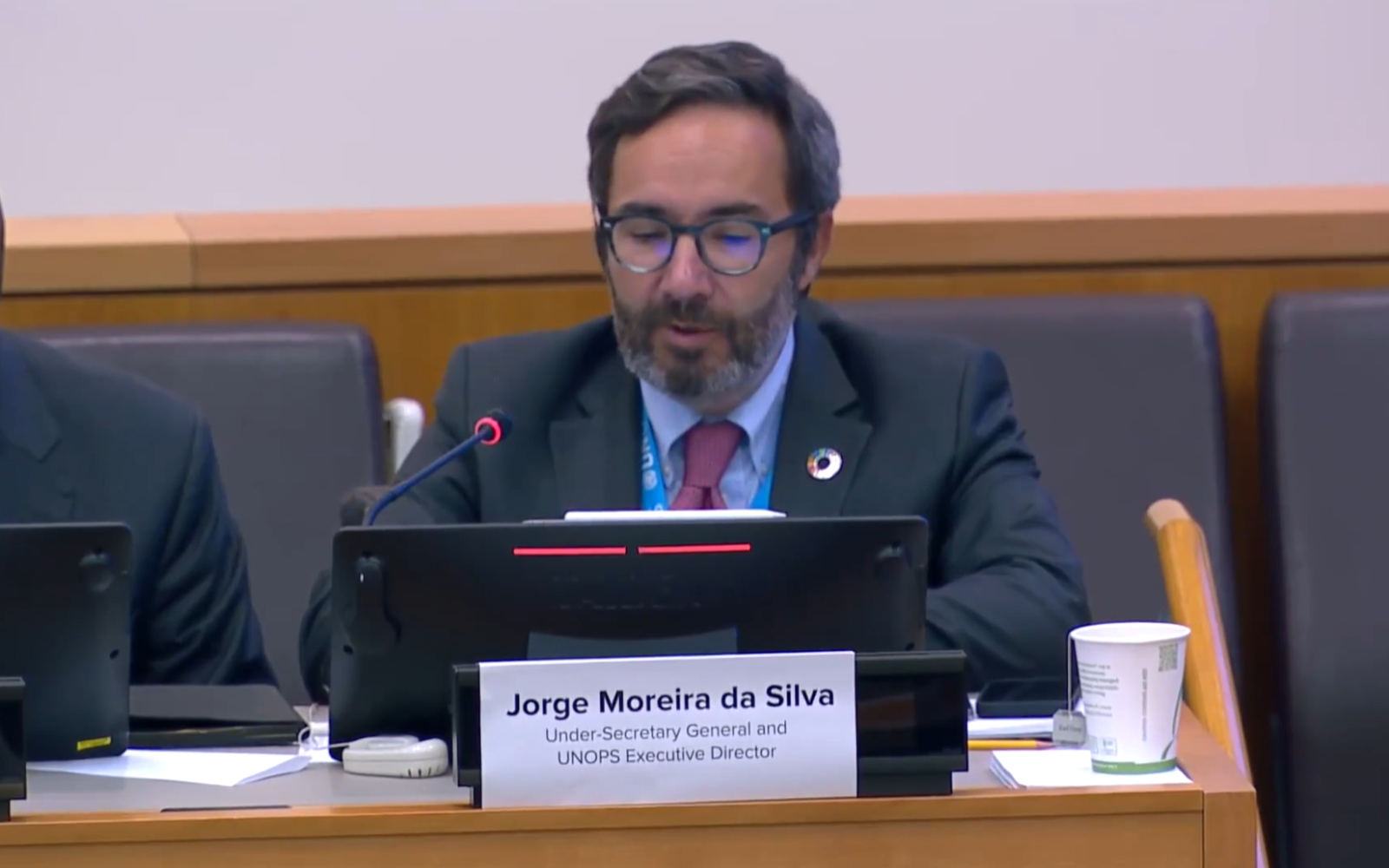The United Nations Office for Project Services (UNOPS)
Statement by UNOPS Executive Director to the UNGA high-level meeting on sea-level rise
Statement delivered by Rahul Malhotra, Director of UNOPS New York Board and External Relations Office, on behalf of Jorge Moreira da Silva, UN Under-Secretary-General and UNOPS Executive Director, to the UN General Assembly high-level meeting: 'Adaptation, finance and resilience in relation to sea-level rise', 25 September 2024.
Excellencies,
Latest figures from the UN present us with an alarming picture: global average sea levels are rising faster than any other time in the past 3,000 years. And the rate of increase is accelerating.
We need urgent and practical measures to mitigate, adapt, and protect populations from the worst impacts of sea level rise.
Lest we forget - the countries most vulnerable to sea-level rise - have historically low shares of greenhouse gas emissions. We have a moral responsibility to support climate-resilient development, and loss and action efforts in these communities.
Support takes many forms. There is an urgent need for scaled up and innovative climate finance solutions, which takes into consideration the unique challenges and vulnerabilities of these countries.
We need to ensure that adaptation efforts are inclusive, and equitable. As things stand now - climate finance is not going to those who need it most, with 75 per cent of funds channeled into climate action invested in high-income countries.
But we also need to support countries to enhance their implementation capacities: Providing technical assistance, supporting countries to build robust data capacities to inform decision-making, and building equitable partnerships are key.
UNOPS is committed to providing practical solutions to help countries combat climate change and build resilience, through our expertise in infrastructure, procurement and project management services.
We stand by developing countries in their efforts to mobilize the climate action and financing needed to tackle the ever-growing threats of sea-level rise.












